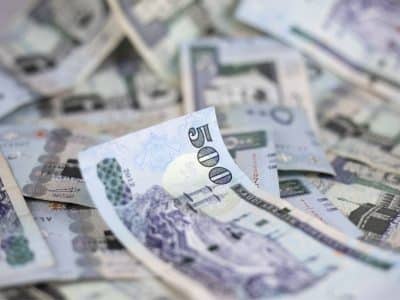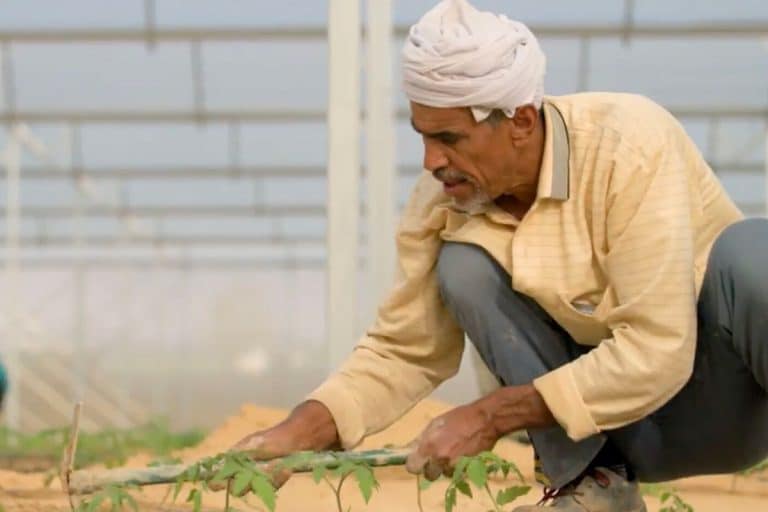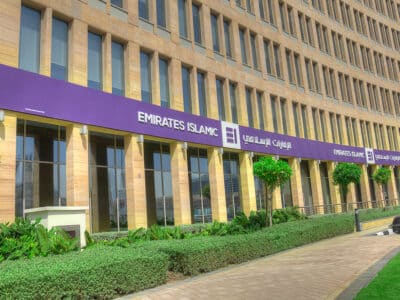Iyris, the sustainable agri-climate tech business, and Red Sea Global, the regenerative tourism destination developer, announced the National Food Production Initiative (NFP Initiative) in Saudi Arabia, in partnership with other leading Saudi public and private sector companies.
The project, developed with the objectives of supporting local farming communities, is to regenerate unproductive land, reinvigorating their economy and reduce the reliance on imported produce and food miles travelled in supplying rural communities.
This initiative, bringing together Saudi-developed innovation and technologies, is already leading to tangible results by regenerating unproductive agricultural land to build a 0.75-hectare sustainable farming facility in Bada area.
Iyris, Red Sea Global partner
The facility includes a greenhouse incorporating leading Saudi-based agriculture technology and uses a scalable model which could radically transform the lives of Saudi farmers, empowering them to regenerate harsh climate agriculture in regions where the impact of climate change has made cultivation increasingly challenging.
“With this project we embarked on a mission to transform the Kingdom’s potential to sustainably improve its food security and secure the future of locally sourced food production,” said John Keppler, Executive Chairperson of iyris.
“By deploying 100 per cent Saudi-developed technologies, partners, and innovation, we have transformed a farm in Bada from unproductive land into a sustainable, modern working facility – now delivering fresh produce to Red Sea Global resorts,” he said.
Keppler said the integration of iyris’ SecondSky technologies with SABIC’s TRUCIRCLE materials showed how the continued efforts of Saudi-based companies can transform the agriculture industry and benefit farmers.
“Bada is a case study for the local farming community and is a scalable model replicable for growing local produce,” he said.
Raed Albasseet, Group Chief Environment and Sustainability Officer at Red Sea Global, said the initiative demonstrated that the effects of climate change and regenerate ecosystems can be reversed in a way that supports people and the planet.
“For our destinations, it has provided us with a local food supply chain, which helps reduce our carbon footprint, and meets our guests’ expectations for high-quality, locally-grown food,” he said.
Besides iyris and Red Sea Global the other partners in the NFP Initiative include SABIC, Napco National, Tamala, King Abdullah University of Science and Technology (KAUST), University of Tabuk and Terraxy.
The companies said the progress of the NFP Initiative to date represents a significant step towards addressing food security in the region.
Saudi Arabia still has a significant reliance on imported fresh produce, as high as 85 per cent in some product categories.








